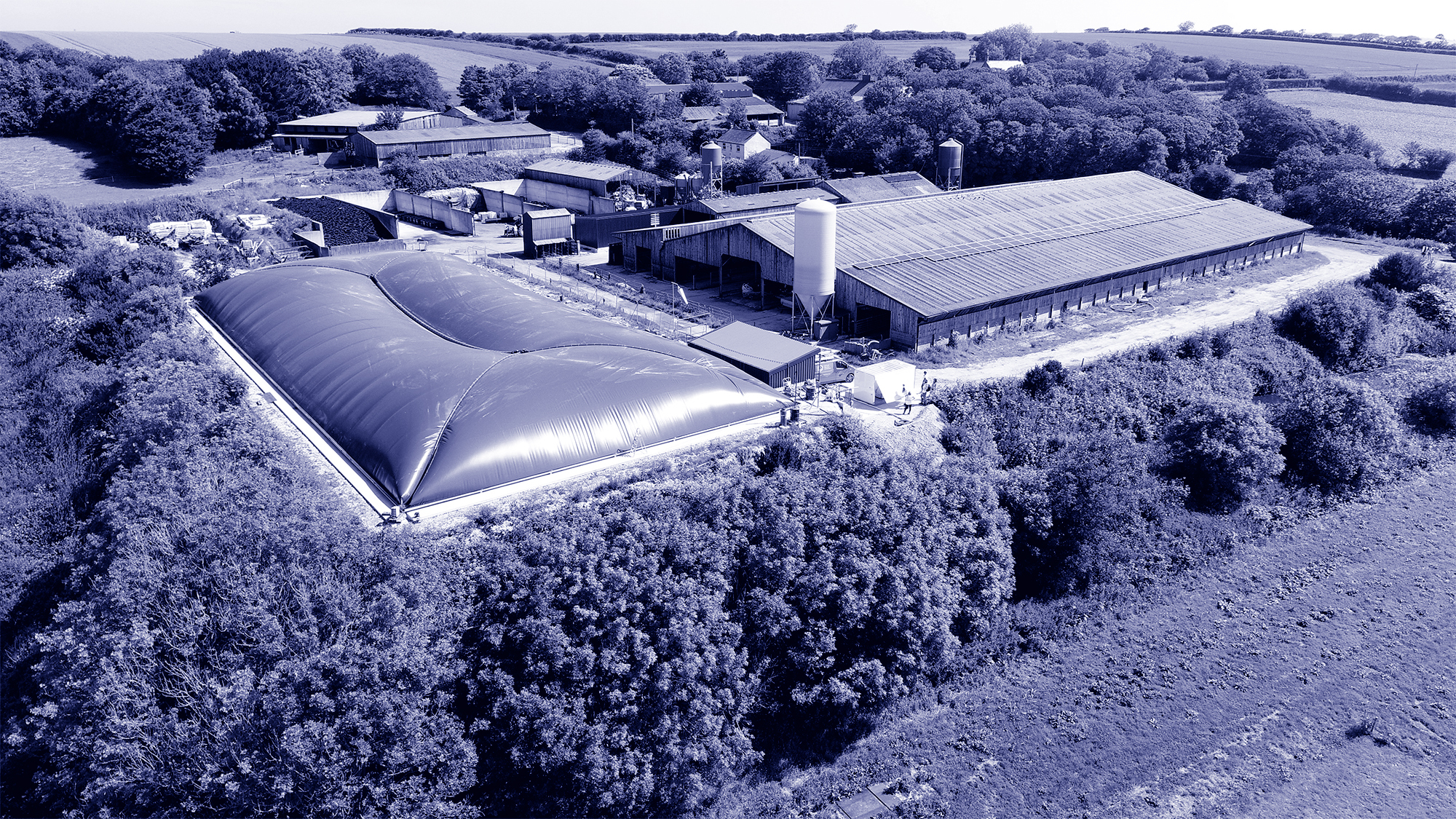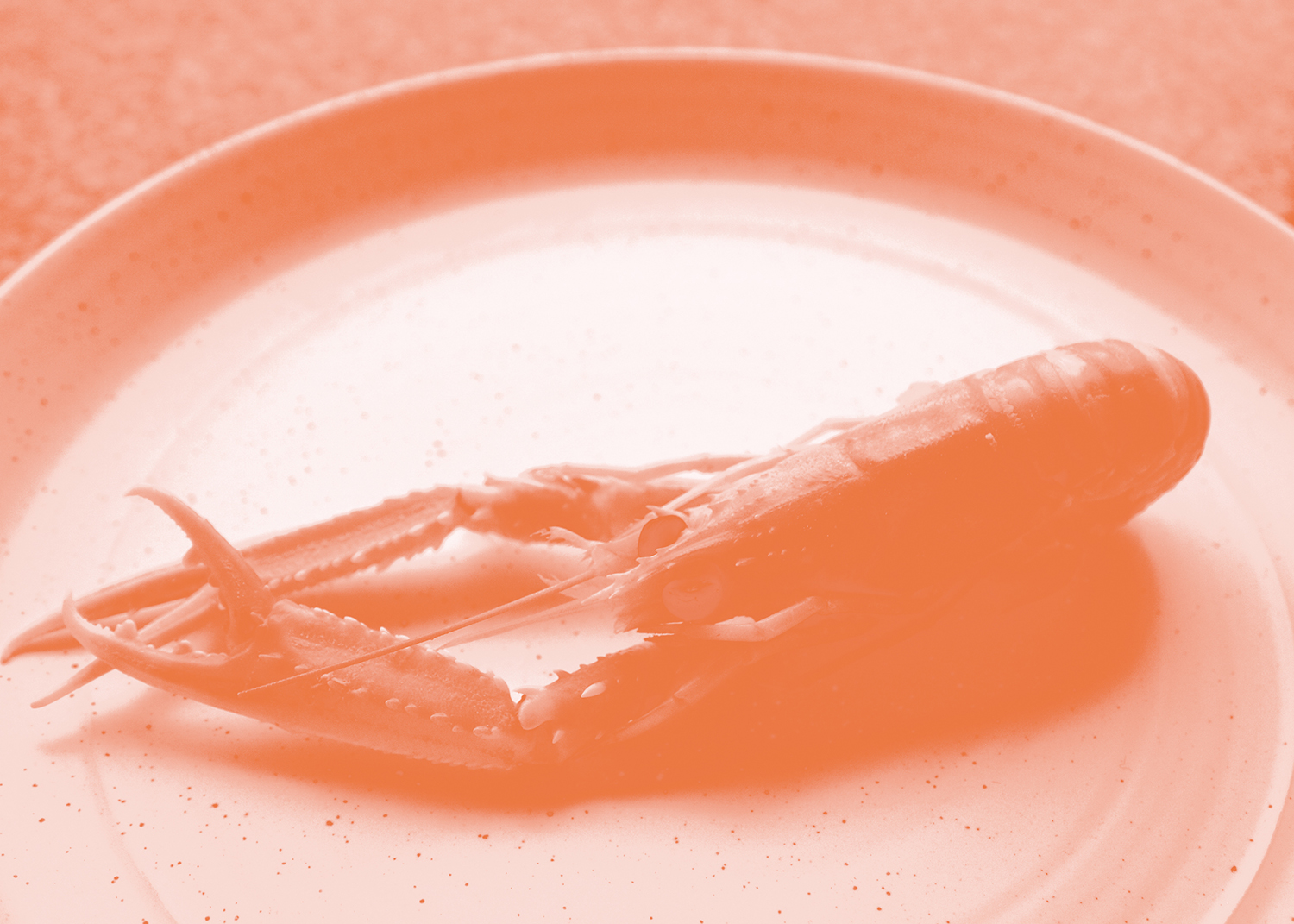Endangered Kitchen explores disappearing and lesser known food practices through the lens of contemporary politics, climate change and recipes.
Whilst Nato Allies have been left scrambling for alternative energy solutions to replace Russian oil and gas, the UK’s dash for energy autarky began long before the invasion of Ukraine. When the UK officially left the EU in January 2021, not only did it lose access to trade deals and key workers, but it also left the European Internal Energy Market, which has historically kept oil and gas prices low amongst EU Member states. Since Brexit, the British government has put considerable effort into renewables such as solar and wind and has also turned its attention to nuclear. Losing access to the European market meant that, as of April 1st 2022, energy prices soared for many Brits, with millions of people now facing the very real decision of having to choose between eating and heating in the cold, damp winters to come. So dire is the situation that the British Government has reached a rare cross-party agreement to tax fossil fuel companies’ profits and share the dividends directly into the bank accounts of every bill-paying British household this coming winter. This energy hike will disproportionately affect many rural communities, particularly those working in agriculture, who, even before Brexit, have largely been ignored on a number of societal levels, from not being provided with enough transport links, difficulty accessing nearby healthcare, education and affordable supermarkets and, importantly, not having reliable access to the national energy grid, factors which have kept many rural groups financially unstable with little option for upward mobility. In addition to rising fuel prices and loss of earnings that agricultural workers have faced since 2020 because of Brexit and the Covid-19 pandemic, the meat and dairy industry in particular has also dealt with increasing financial decline over the last few years due to a rise in climate conscious consumers who have cut their meat and dairy intake.
As we now know, agriculture contributes to a quarter of all harmful emissions and methane produced by rotting food and animals (particularly cows) contributes 9% of all global greenhouse gasses. Ruminant farmers therefore, in a bid to improve both their environmental and economic credentials are trying to decrease methane produced by their herds. Both the Institute for Global Food Security in Belfast, Ireland and UK supermarket Morrisons began respective trials in 2021 with beef farmers in the UK and Ireland to see if feeding seaweed to cows might help reduce an unfortunate case of methane-heavy flatulence. In a similar vein, Anglo-Swiss company, Mootral, is experimenting with a garlic-filled cow feed which could also potentially cut methane — so far, the company claims, their feed has not only caused a reduction in emissions, but a 2-4% higher milk yield.
As well as trying to stop methane production at the source (a cow’s digestive tract), British farmers are increasingly adopting more holistic, circular farming practices such as turning animal manure into the well tested, renewable fuel, biomethane. Beyond farms, biomethane has piqued the interest of other startups and pilot schemes – it burns cleaner than petrol and solves a myriad of problems related to waste, emissions and access to reliable sources of renewable energy. Thames Water, one of the biggest UK water processors is already experimenting with methane digestion to supply over 2000 homes in London’s South West with biomethane made from human excrement. At the Royal College of Art’s innovation hub, two separate startups are looking at the possibilities of poo – Loowat, an innovative waterless toilet that transforms waste to usable methane gas and Zelp, a mask that neutralizes methane produced by cows.
Will slurry lagoons now be seen in the way oilfields once were and will farmers become the new oil barons? So far, because of the cost, methane digestion systems have only been available to ‘Big Dairy’ (which typically don’t have problems accessing the grid) such as British firm Arla, who are having much success using biomethane produced by their herds to power tractors and transportation tankers, even going as far as making ‘patteries’ that provide a constant energy source for their operations. Arguably, however, Big Dairy has such an enormous environmental impact that methane digestion alone cannot undo overall emissions and does not address the core problems of industrialized farming. Furthermore, since beef and dairy farmers in the UK are predominantly small-scale tenant farms, most of the methane digestion solutions that would convert poo to power are simply too expensive for the majority of the industry.
But one Cornish engineering firm, Bennamann, is paving the way for small-scale dairies by providing farms with herds of just 75 – 150 cows the apparatus they need in order to convert methane to fuel. When co-founder Chris Mann first became involved in the dairy sector, he scaled down Bennamann’s larger biomethane system already indevelopment for bigger farms. Tim Fox, head of communications at Bennamann tells me, “the scaled down methane processing system fits on the back of a lorry so we could create something portable to service smaller farms. The permanent kit on the farm [that we provide] is the slurry cover to cover the slurry pit (where manure and food decay is dumped) and the unit that takes out the hydrogen sulphide and feeds the gas back into the storage covers that stores the gas until we come along to process and collect it.”
According to Fox, Bennamann’s current focus lies in off-grid energy, “We’ve developed a system, process and technology specifically to enable farms that don’t have access to the gas grid — which is a huge number of UK farms — to participate in the energy market.” Their system makes it viable to turn the gas into a liquid form and store it in small containers, which saves on space, extends its shelf life and makes it easy to transport. In liquid form, biomethane then has many more commercial opportunities and fuel can be aggregated more readily from different farms and sold at market for a good price, making it beneficial for the farmer. The Bennaman model involves a mobile processing unit that visits farms to process the gas, turns it into liquid then takes it away to sell on. Their business model then keeps a cut for themselves and gives a cut to the farmer, which allows small-scale farms to work with them.
Bennaman is trialing their model on a local scale by working with the Cornish council and 6 small-scale farms in Cornwall to test their pilot. Findings from this trial would be a potential game-changer for the region, which lacks key energy infrastructure and relies heavily on ever-depleting European farming subsidies to uphold its agricultural industry, which accounts for 30% of the local economy. Indeed, Bennaman hopes to expand their operations beyond the UK to other parts of the world who are also grappling with how to adapt agricultural practices to a shifting energy landscape. Fox tells me, “I was talking to someone at the Farm Journal Foundation and they were saying that this model would work in New York state where there are a lot of small dairy farms, so once we’ve developed the technology to some kind of maturity, we would roll it out across the South West, then the rest of the UK, then into Europe and further afield.
Though I am excited by the prospect of a future where farmers provide not only food but the fuel to power a country, like many, I still have reservations as to whether we should be investing in the future of cattle farming at all, given the environmental and ethical implications that animal agriculture has. When I raised these concerns with Fox, he explained that centering the environment radically transforms the argument around dairy farming’s future, “ If you take [Bennaman’s] approach you address all those issues — firstly, we’re making dairy farming more economically viable because farmers can produce fuel for their own farms and get another income stream. Secondly, it addresses the environmental aspect from the carbon footprint such as improving soil biology (the bi-product of the methane digestion process can be used as a fertiliser to replace current, widely used mineral fertilisers) and then the third aspect is the social aspect, if you’re making farms more productive, then that provides jobs and supports rural communities by the trickle down effect.” Fox does acknowledge that Bennaman’s technology doesn’t directly address animal welfare but clarifies that the company only works with farms with good welfare track records.
Striking a balance between the environment and the economy has been difficult to achieve, but systems such as Bennamann’s are offering a hopeful economic outlook for small-scale livestock farmers. By providing farmers with the tools to produce their own energy, new innovations could redistribute political and financial power from the large, polluting fossil fuel industry, allowing farmers further autonomy and the ability to advocate for themselves. The financial world, often intertwined with Big Ag and industrialised farming, rarely lets small-scale farmers get a look in, but biomethane’s potential may mean that the worlds of the small-scale farm and big-banks will begin to cross over far more regularly. In fact in Snowdonia, this has already begun to happen. Farmer Philip Hughes has started to mine for cryptocurrency Ethereum, using biomethane produced by his herd. The energy that it takes to produce cryptocurrency has widely been lauded as unsustainable, but if mining can be done using renewables such as manure, then it drastically changes the argument and unseats both the fossil fuel industry and the traditional banking industry.
Russia’s invasion of Ukraine seems to have brought the world one step closer to a gas-guzzling, Mad-Maxian future, one that teeters on the brink of nuclear war and squabbles over fossil fuels. Like many countries who now face soaring energy prices after cutting ties with Putin’s government, the UK has been forced to look within its own borders for autarky. It seems to me that, as a nation, we are having a ‘when shit hits the fan’ moment. Except that we may be able to use this enormous pile of post-Brexit, post-pandemic, looming-global-war-and-climate-catastrophe manure, this literal shit storm, to build back from the bottom up—a more sustainable, holistic and inclusive society.







